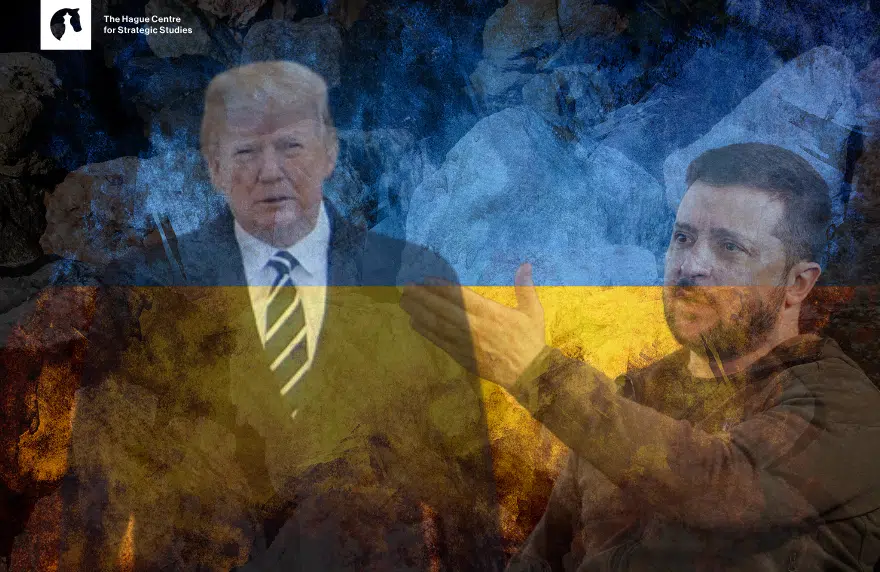Save The Date: 28 March 2022 15.00 – 17.00 hrs CET
The Hague Centre for Strategic Studies (HCSS) is honored to invite you to this online Round Table.
Graphite is a critical mineral that is often overlooked by geopolitical analysts. However, it is an essential ingredient in the energy transition and key industrial sectors like steel production.
The commitments under the Paris Climate Agreement, the European Green Deal, and COP26 have urged countries and companies all over the world to adapt to the set climate change goals and reach carbon neutrality as soon as possible. As a consequence of this, demand for graphite is projected to grow almost 350% from 2022 volumes to reach almost 3,6 million tons in demand by 2030. The bulk of this demand is coming from two industries in particular: battery production and the production of electrodes for electric arc furnaces (EAFs). These are two crucial application areas with high potential for decarbonization contributing to our climate mitigation ambitions. Graphite is in ‘pole position’ to contribute to these decarbonization efforts, being a crucial material in clean tech solutions such as lithium-ion batteries and EAFs electrodes.
At the same time, the Western world acknowledges that the already established dominance of China over value chains of technologies that require critical materials, asks for action and commitment of both governments and businesses. The US government is taking steps to reach these goals. In the EU this ambition is labelled as ‘open strategic autonomy’, and currently receives high political attention.
Although graphite can be found in nature, much of it today is synthetically produced using petroleum cokes, a residual product from petroleum refining. The process to produce synthetic graphite is energy intensive and environmentally unfriendly. Today, China dominates the production of graphite. More than 80% of all graphite produced in the world is produced in ways that would not pass the ESG requirements in Western countries. However, new and innovative processing methods developed by Western companies outside of China are now available, enabling cleaner and more efficient production of high quality graphite that can be deployed in the energy transition. Urbix is such a company. The US based company has developed promising new technology that can potentially enable the US and EU to become less dependent on China.
In this Round Table, top experts from the battery industry, capital markets and European Parliament will discuss and explain the relevance and opportunities of new graphite processing technology developed by companies like Urbix. It is our privilege to present to you a diverse line up of top experts for this Round Table on 28 March. Register Here (Eventbrite)
Program:
15.00 hrs Welcome and introduction by Michel Rademaker MTL, deputy Executive Director of HCSS
15.10 hrs Explanation on Graphite Processing by Nico Cuevas, CEO of Urbix
15.20 hrs Keynotes of panelists
- Tom Berendsen, Member of the European Parliament
- James Clark, VP Strategic Supply Chain Freyr Battery
- Matt Fernley, Managing Director Battery Materials Review
- Jeff Townsend, CEO Critical Minerals Association
- Amrish Ritoe, HCSS Strategic Advisor, Co-author of the report “Graphite processing”
16.00 hrs Discussion
16.40 hrs Conclusions and Recommendations
17.00 hrs Wrap up







